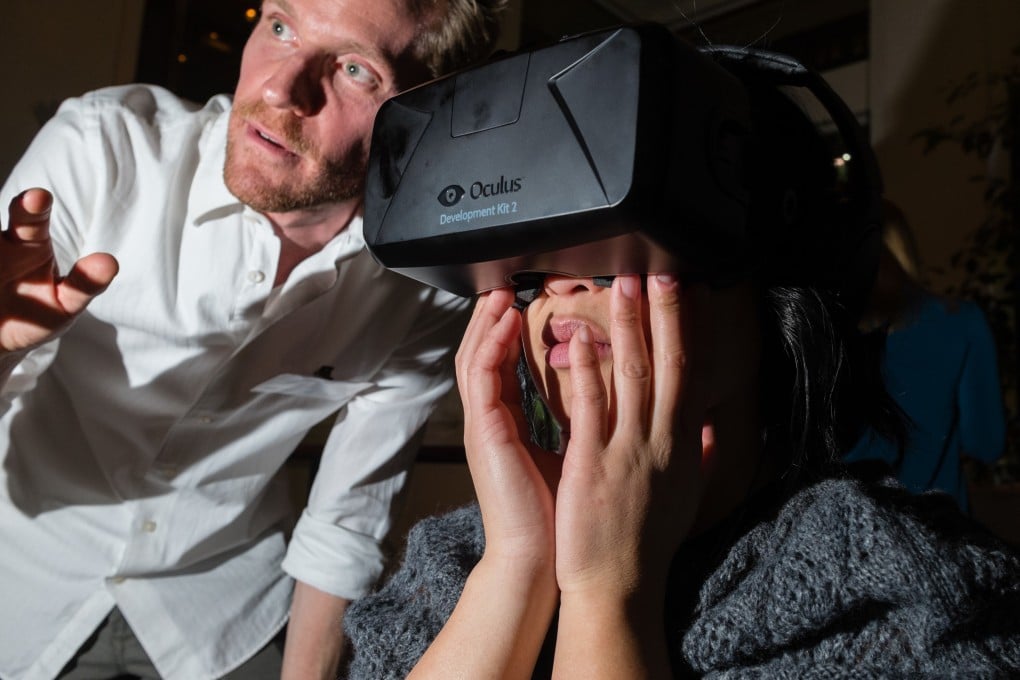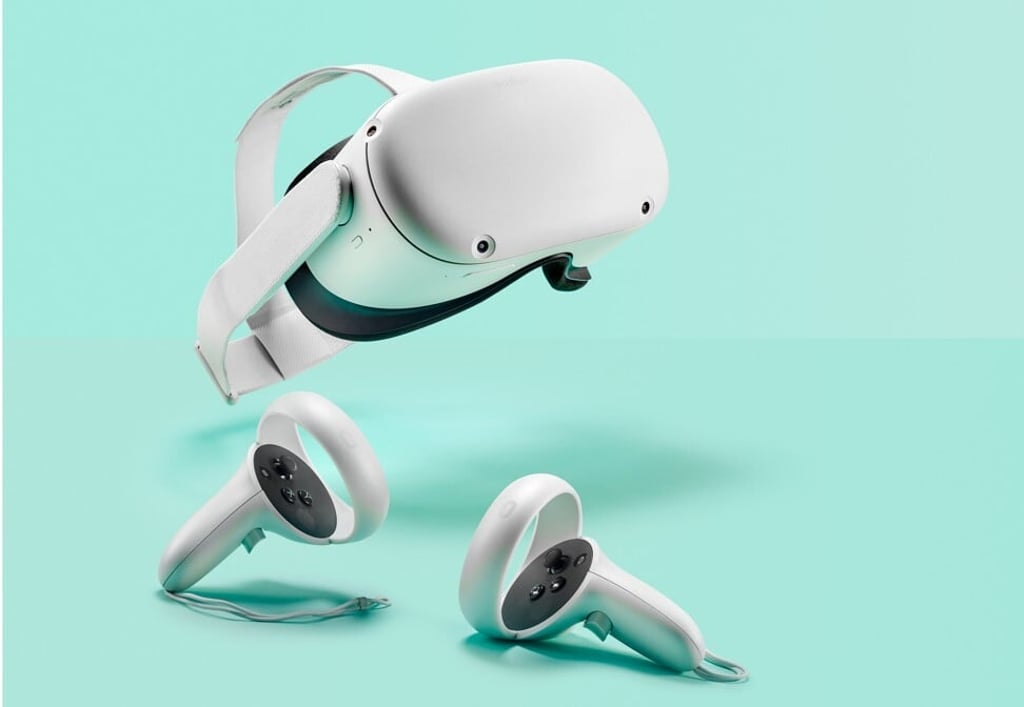Why VR headsets still aren’t a must-have: too heavy, too expensive, too little use for them – where’s the killer app?
- VR has been threatening to break into the mainstream for years, but the hardware is expensive and unwieldy, and there isn’t much to do with it
- For virtual realty to catch on there needs to be more content, easier content creation and better useability. Facebook’s Oculus Quest 2 is making a start

Virtual reality – computer-generated 3D environments that can range from startlingly realistic to abstract wonderlands – has been on the cusp of wide acceptance for years without ever really taking off.
The pandemic should have been VR’s big moment, offering an escape for millions of locked-in households. Special headsets and gloves let people interact with a 360-degree, three-dimensional environment, seemingly a good fit for people stuck indoors. But consumers preferred simpler and more accessible tech like Zoom, gaming console Nintendo Switch and streaming services like Netflix.
It’s the latest disappointment in an industry famous for stop-start progress.
Patrick Susmilch, 33, an administrative assistant in Los Angeles, figured it was time for a VR headset after the lockdown began. He has a PlayStation and a Nintendo Switch and was spending about an hour and a half a day gaming when he couldn’t do outdoor hobbies like rock climbing at the beginning of the pandemic. He had tried an Oculus when it was still a Kickstarter project in 2013, and thought it would be ready for prime time in 2020.

“I was stuck at home here in LA,” he says. “I thought now must be the time.” Industry observers have thought the same thing for years. Facebook was so wowed by early demonstrations of the Oculus Rift back in 2012 that it bought the company for US$2 billion. Rivals like the HTC Vive and Samsung’s Gear launched in 2015. The Oculus Rift finally went on sale in 2016.